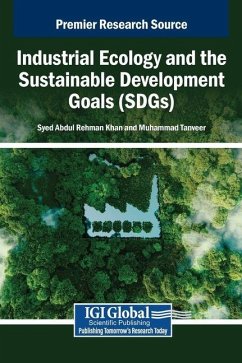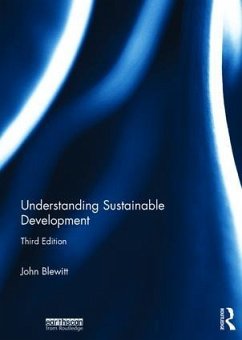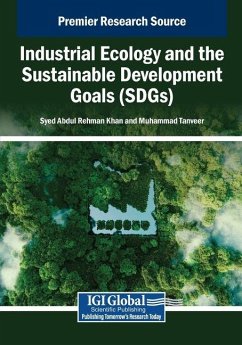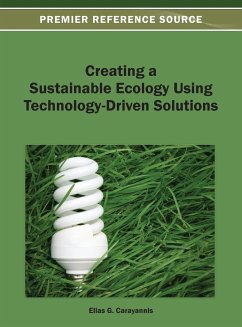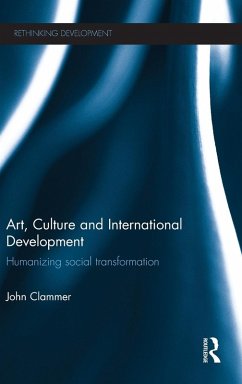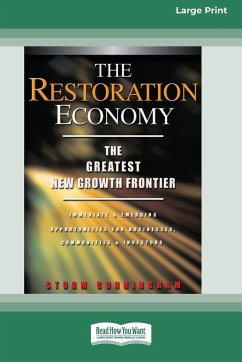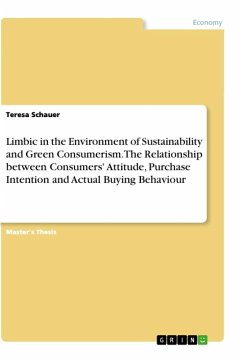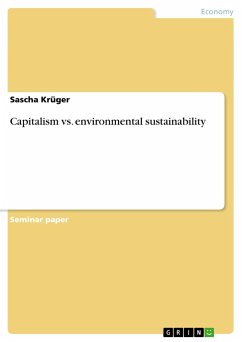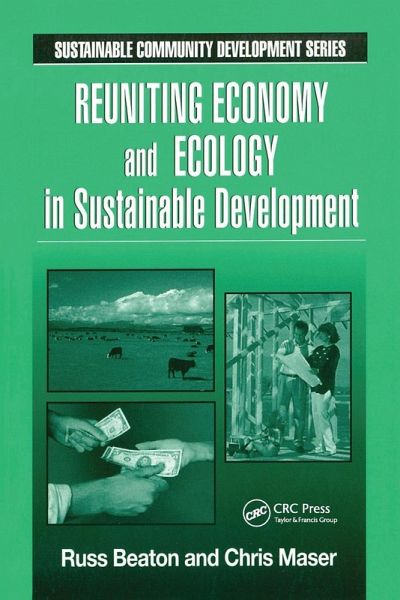
Reuniting Economy and Ecology in Sustainable Development
Versandkostenfrei!
Versandfertig in 1-2 Wochen
53,99 €
inkl. MwSt.

PAYBACK Punkte
27 °P sammeln!
The link between economics and ecology and the immense potential of that connection to influence the process of change within communities is the focus of this book. The authors theorize that in a healthy, future-oriented community there is a dominant role for sustainability. Economics, ecology, community, and sustainability are intimidating on their own. There have been volumes written on each topic separately but very little written on how they are connected in relation to the environment. Reuniting Economy and Ecology in Sustainable Development makes those connections and provides a base for...
The link between economics and ecology and the immense potential of that connection to influence the process of change within communities is the focus of this book. The authors theorize that in a healthy, future-oriented community there is a dominant role for sustainability. Economics, ecology, community, and sustainability are intimidating on their own. There have been volumes written on each topic separately but very little written on how they are connected in relation to the environment. Reuniting Economy and Ecology in Sustainable Development makes those connections and provides a base for finding solutions to achieving sustainable communities.





